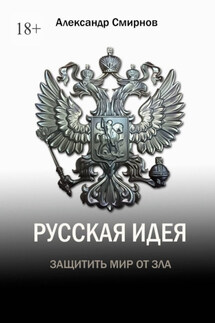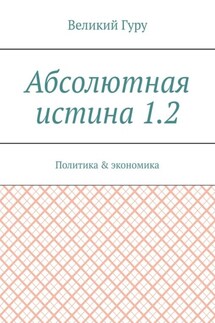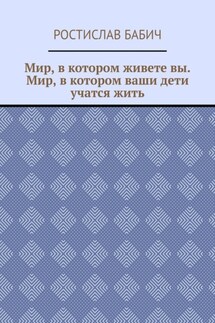Prognostic function of octanalysis - страница 9
To describe the human psyche as a whole, octanalysis uses the eight-component structure of the human psyche: instances 0-Source, 7-Imagination, 6-Subconscious and five instances of personality 5-Soul, 4-Heart, 3-Irration, 2-Ratio, 1-Mind.
Instance 7-Imagination forms images that strive to be realized in life. When a person is in a state of dreams, daydreams and does not want to get out of this state, then at that time the instance 7-Imagination dominates in his psyche.
When a person cannot control the process of generating images in his psyche, then problems arise called «persistent hallucinations» that prevent a person from living, interfere with any activity.
Instance 6-Subconscious stores in itself programs, according to which the images generated by instance 7-Imagination are embodied.
When the instance 6-Subconscious dominates in the psyche, a person can be in various states: a state of sleep, trance, a hypnotic state, a state of prostration, somnambulism (sleepwalking), twilight clouding of consciousness.
The interaction between the seven instances of the psyche (7-Imagination, 6-Subconscious, 5-Soul, 4-Heart, 3-Irratio, 2-Ratio, 1-Mind) create a wide variety of personality disorders.
1.8. Personality disorder: Konstantin Batyushkov
Consider the congenital personality traits of Konstantin Batyushkov.
Konstantin Nikolaevich Batyushkov (18 [29] May 1787, Vologda – 7 [19] July 1855, Vologda) – Russian poet and prose writer.
The mother of Konstantin Batyushkov, Alexandra Grigorievna (nee Berdyaeva), fell ill when her son was 6 years old; soon, in 1795, she died. It is generally accepted that her mental illness was inherited by Batyushkov and his older sister Alexandra.
In 1808, the maternal inheritance already began to appear: his impressionability began to reach hallucinations of extraordinary brightness, in one of his letters to Gnedich he wrote: «if I live another ten years, then I’ll probably go crazy.»
In 1822, the disease worsened; in the spring, Batyushkov appeared for a short time in St. Petersburg, then went to the Caucasus and the Crimea, where his madness manifested itself in the most tragic forms: in Simferopol, he repeatedly attempted suicide. In 1823, Batyushkov was brought to St. Petersburg, where E.F. Muravyova took him into her care, and in the next 1824, with funds granted by Emperor Alexander I, he was taken to the Sonnenstein private psychiatric institution in Saxony. There he spent four years, however, without any benefit to himself; and it was decided to return him to Russia. In Moscow, the acute attacks almost stopped, and his madness took a quiet, calm course. Back in 1815, Batyushkov wrote the following words about himself to Zhukovsky: «From birth, I had a black spot on my soul, which grew with age and almost blackened my whole soul. God and reason saved. For how long, I don’t know!»
Konstantin Batyushkov was born on May 29, 1787, the octanalytic personality formula
13 lunar day / 41-Scorpio / 92% + // 13-Gemini / 3-21-Goat.
The formula shows the congenital personality traits:
– Batyushkov was born in the «waxing moon» phase, the illumination of the moon’s surface is 92%;
– pronounced congenital dominant managerial abilities («four» as first dominant);
– pronounced congenital dominant creative abilities («three» as background dominant and as second dominant);









